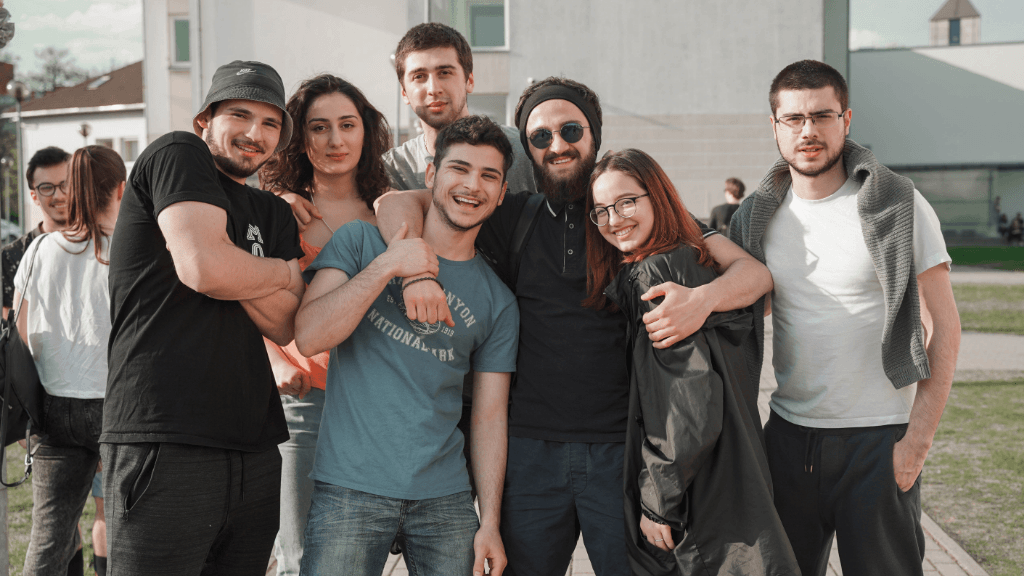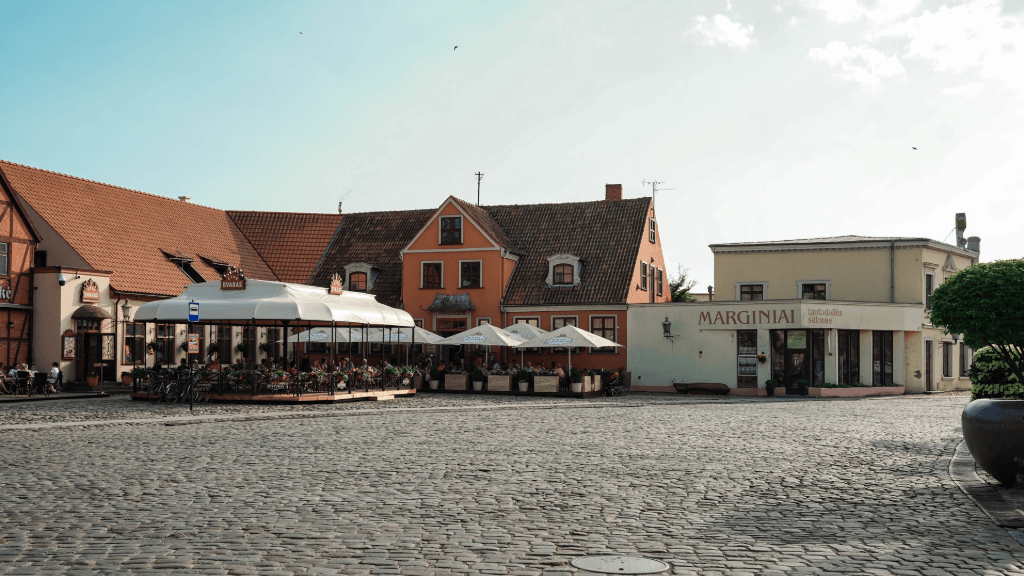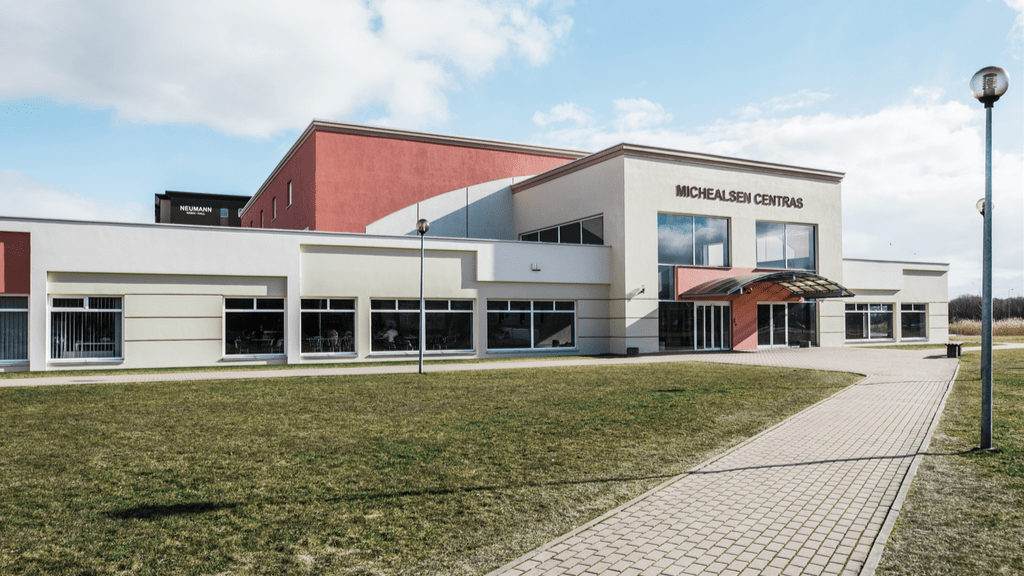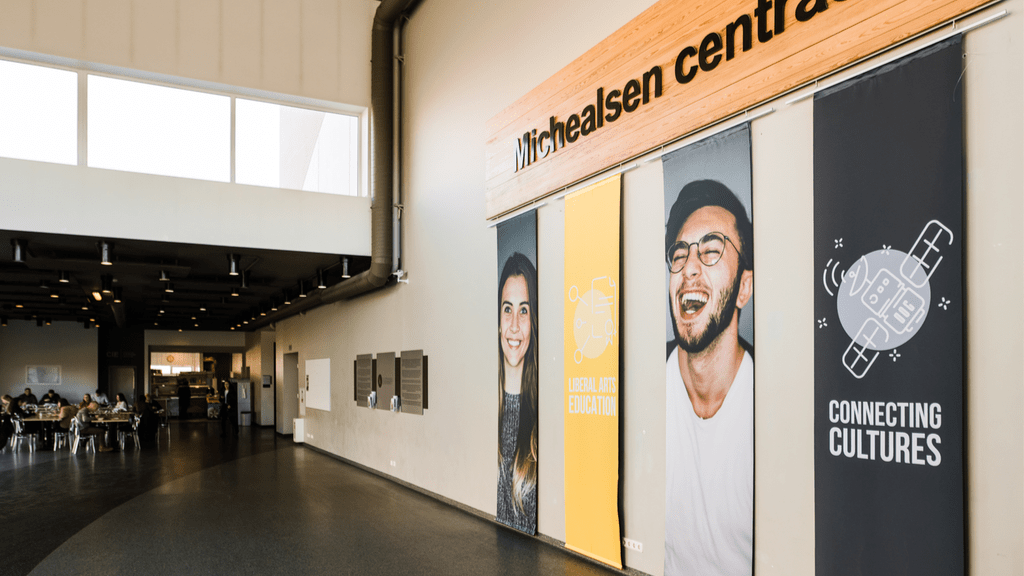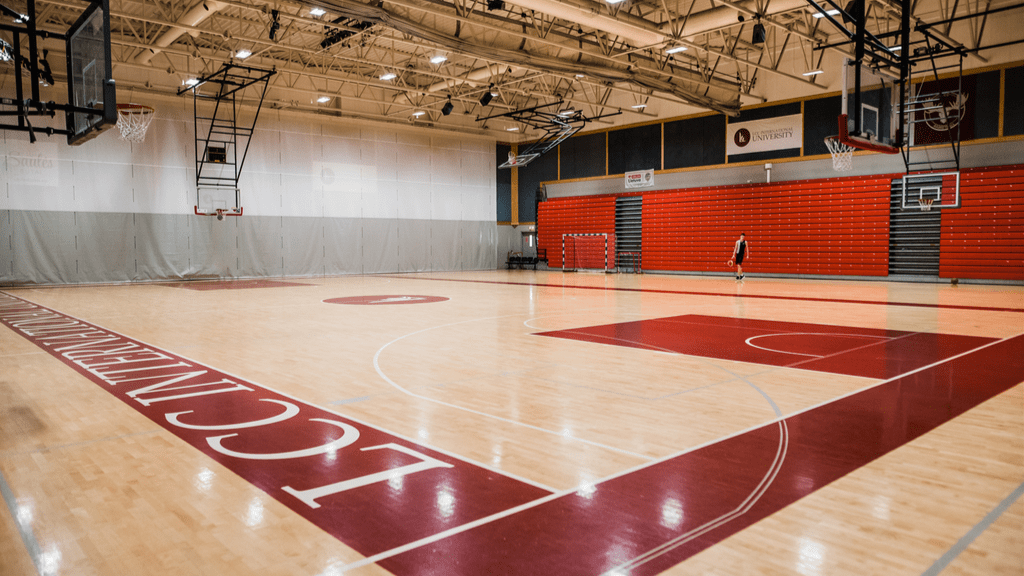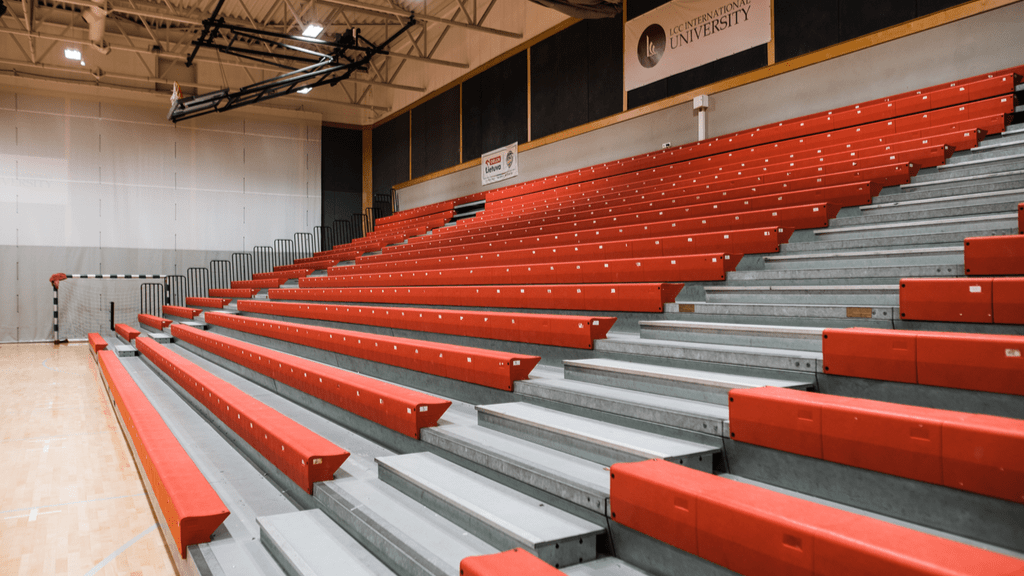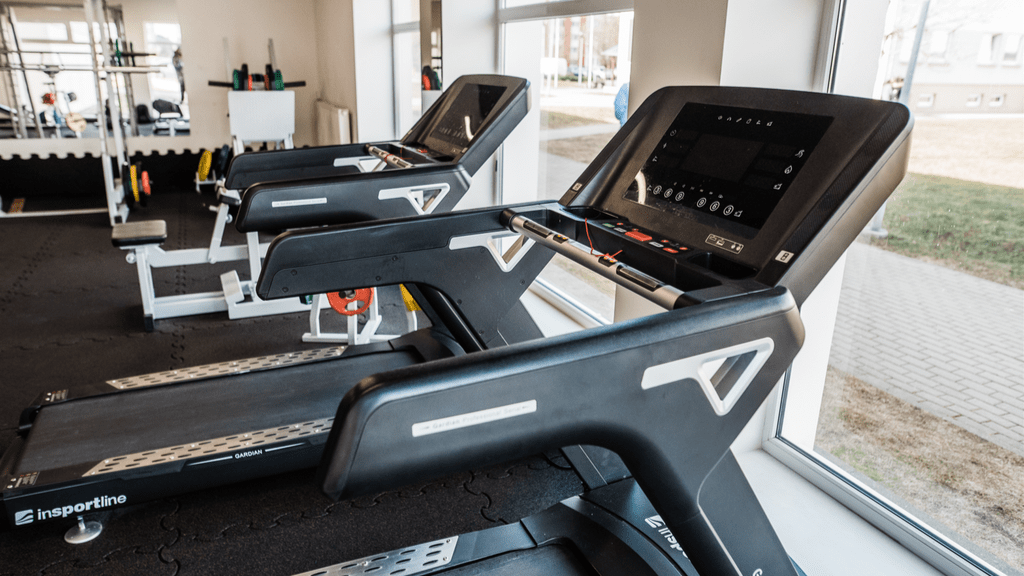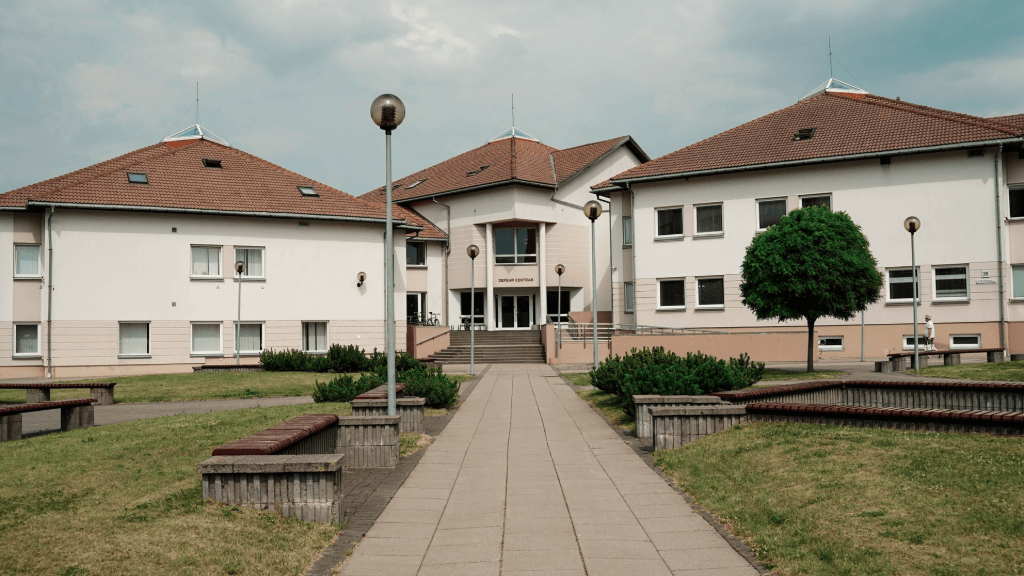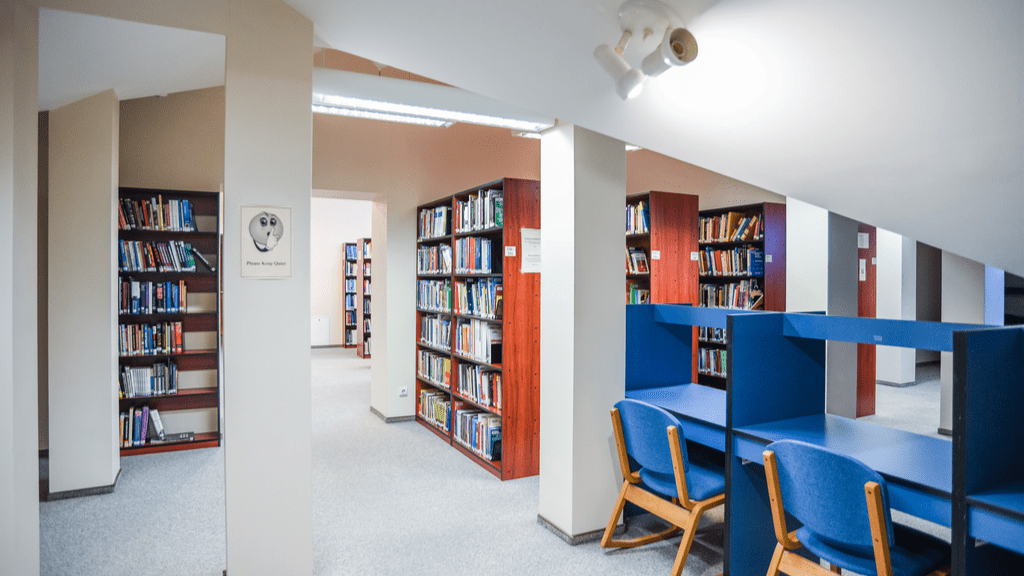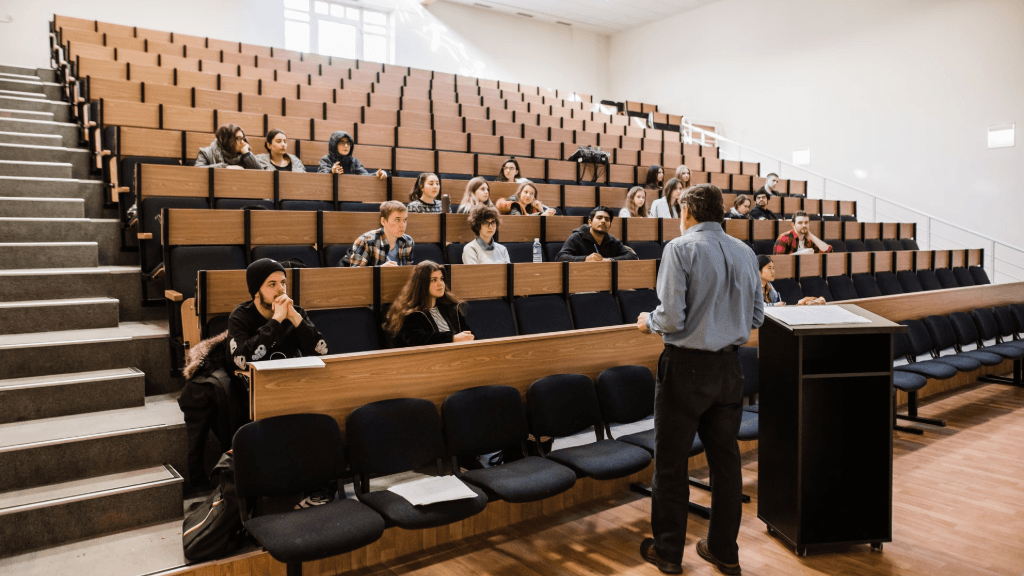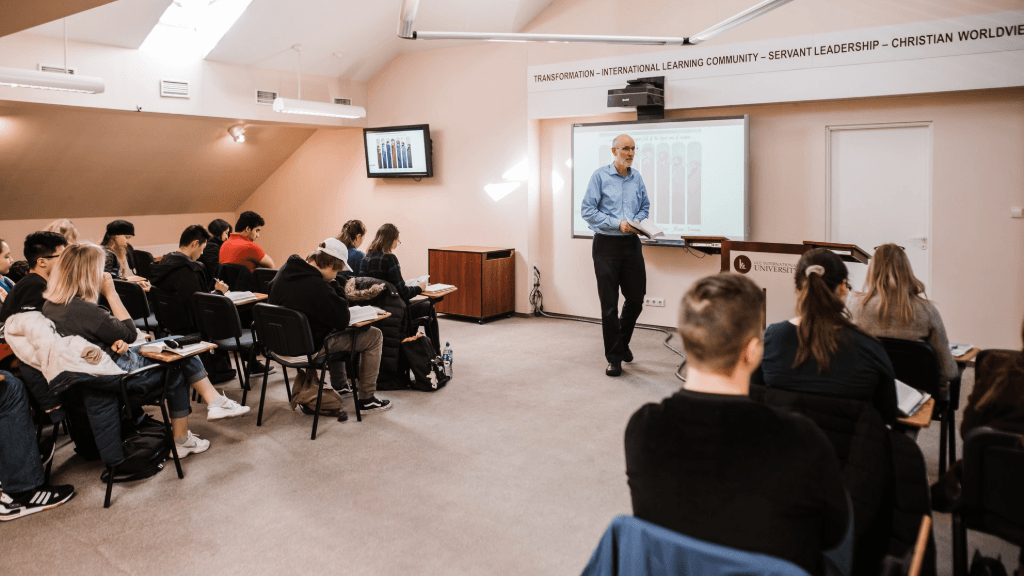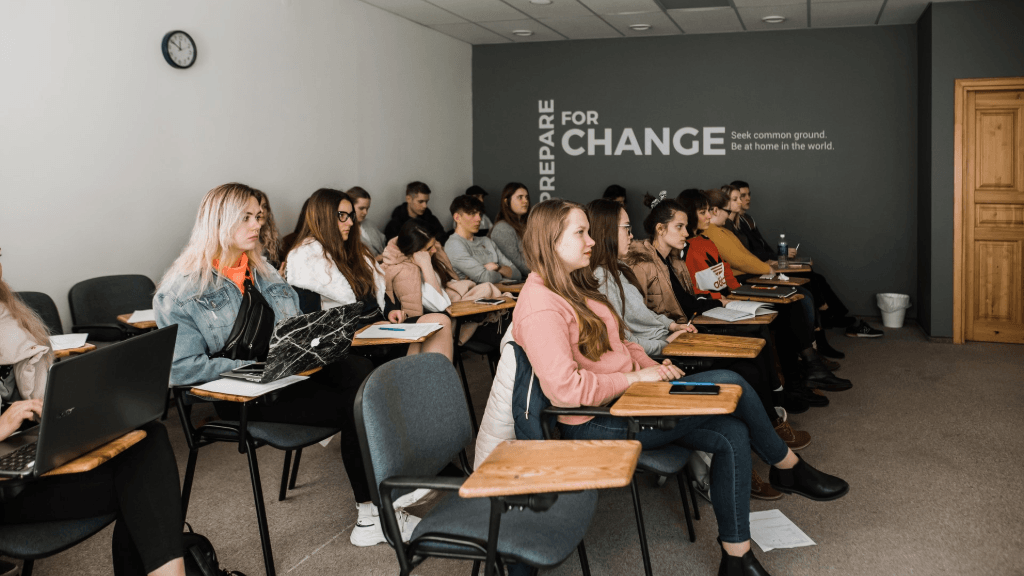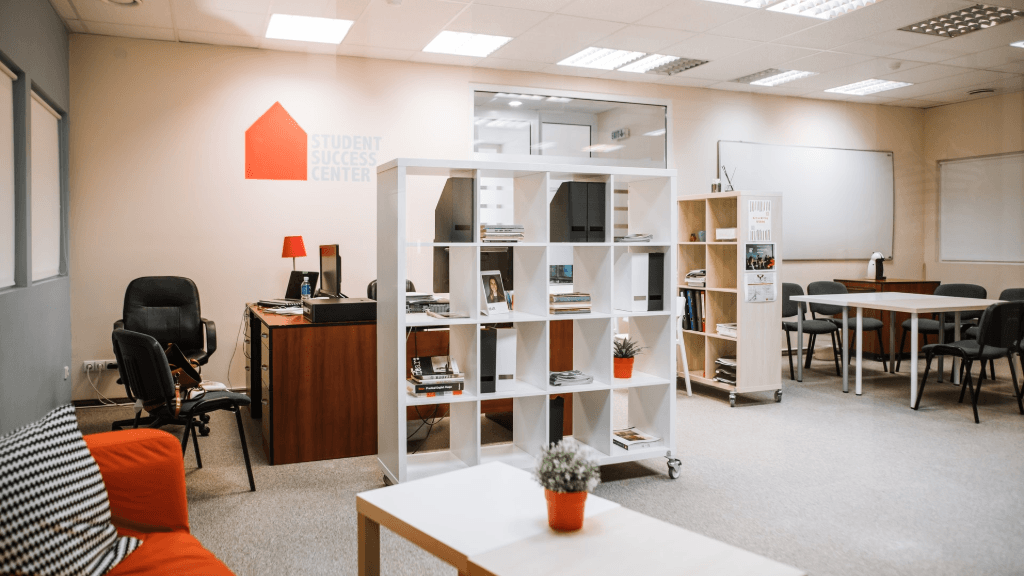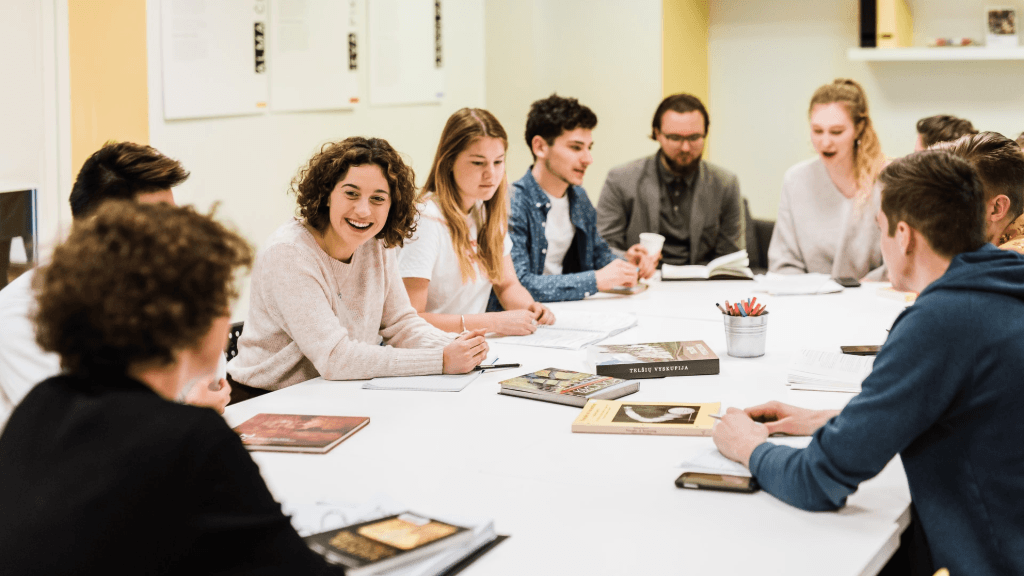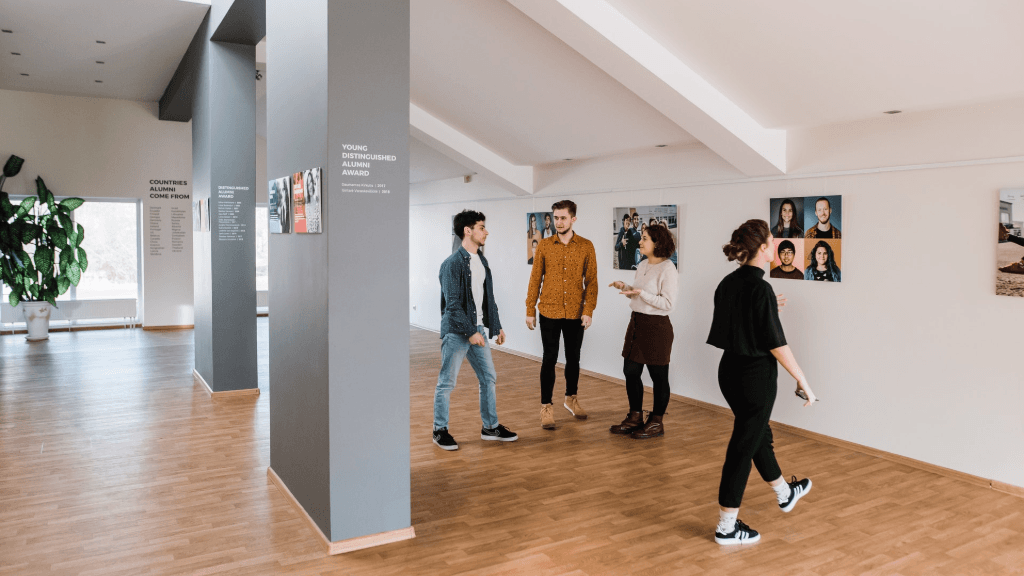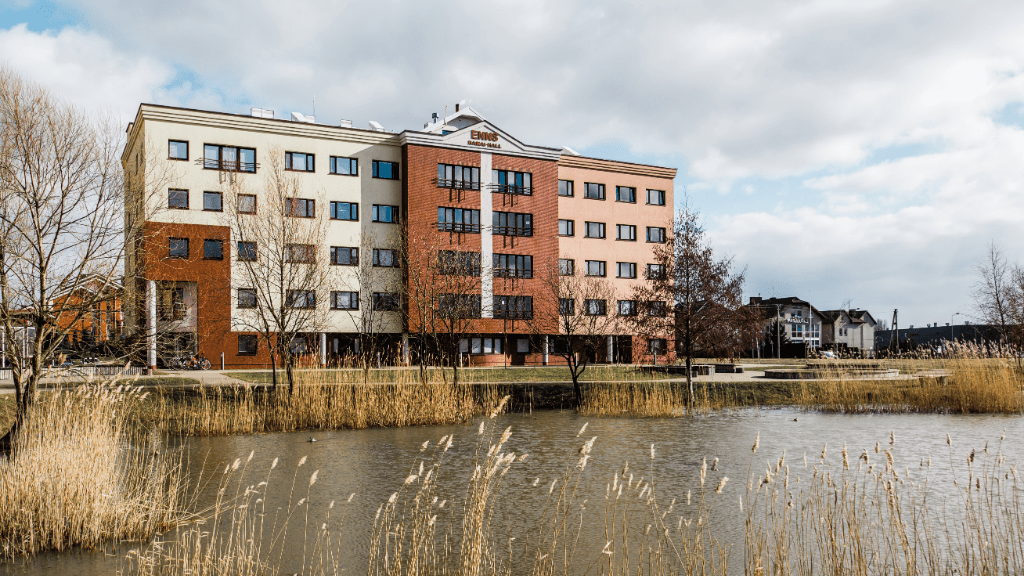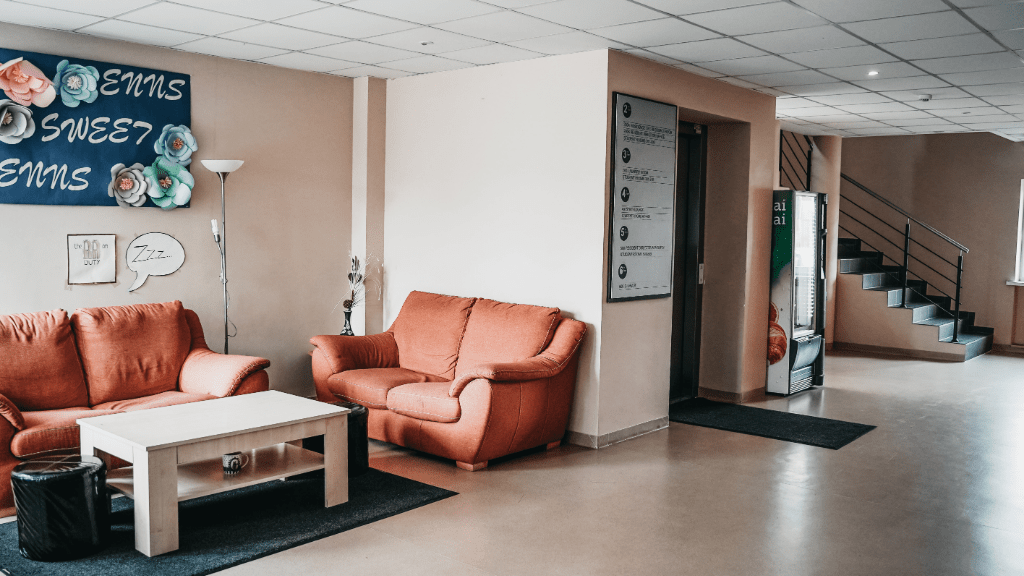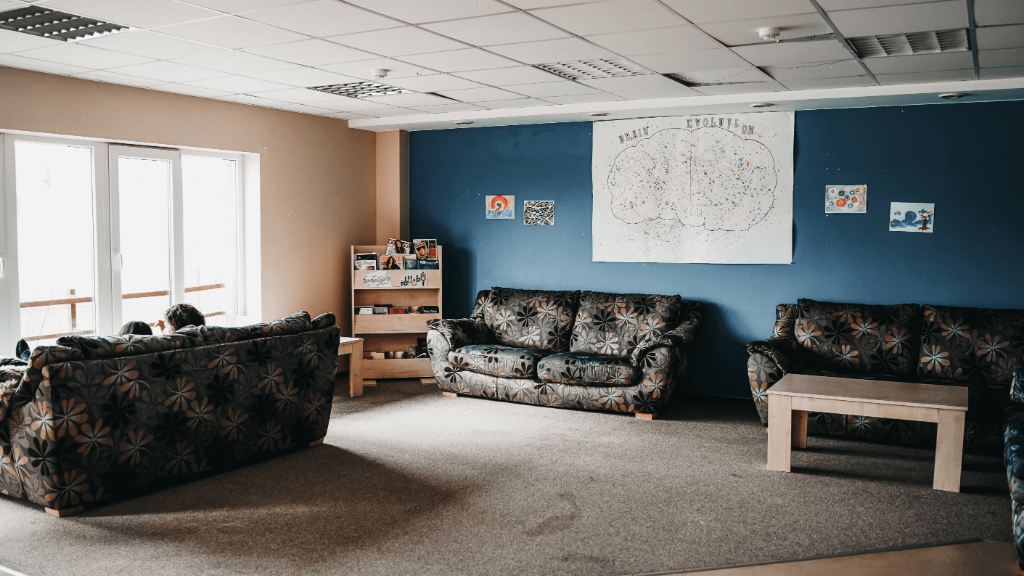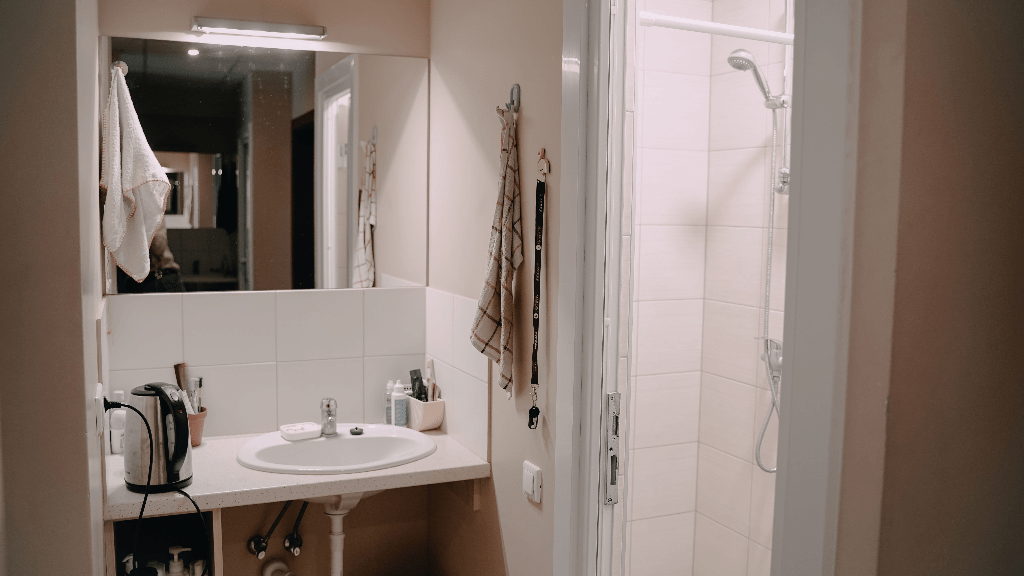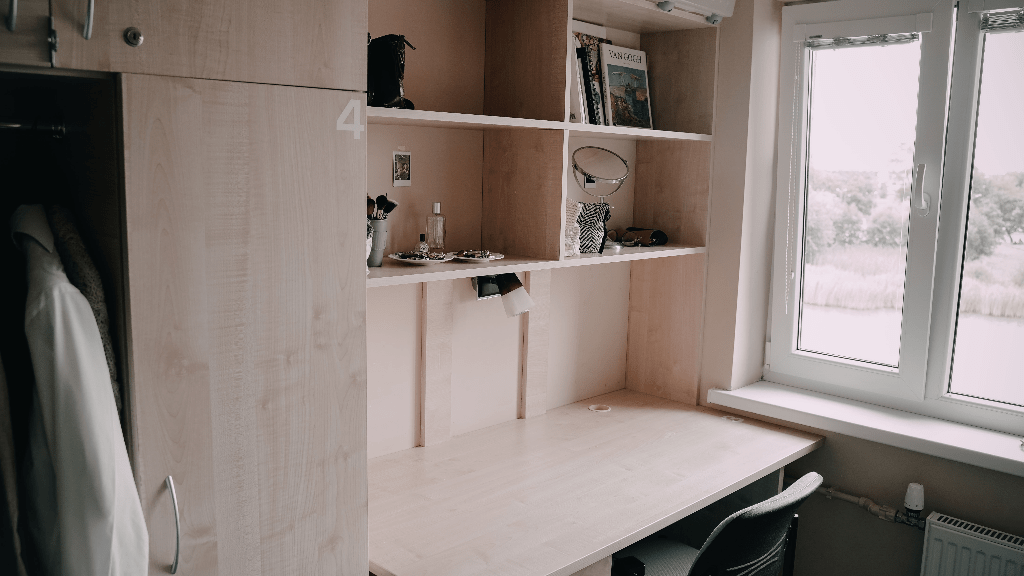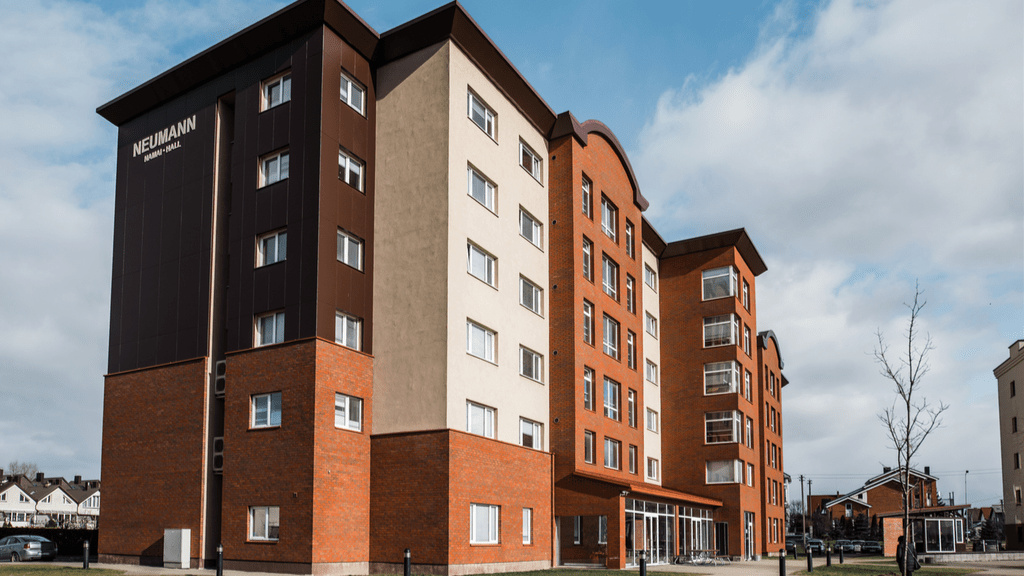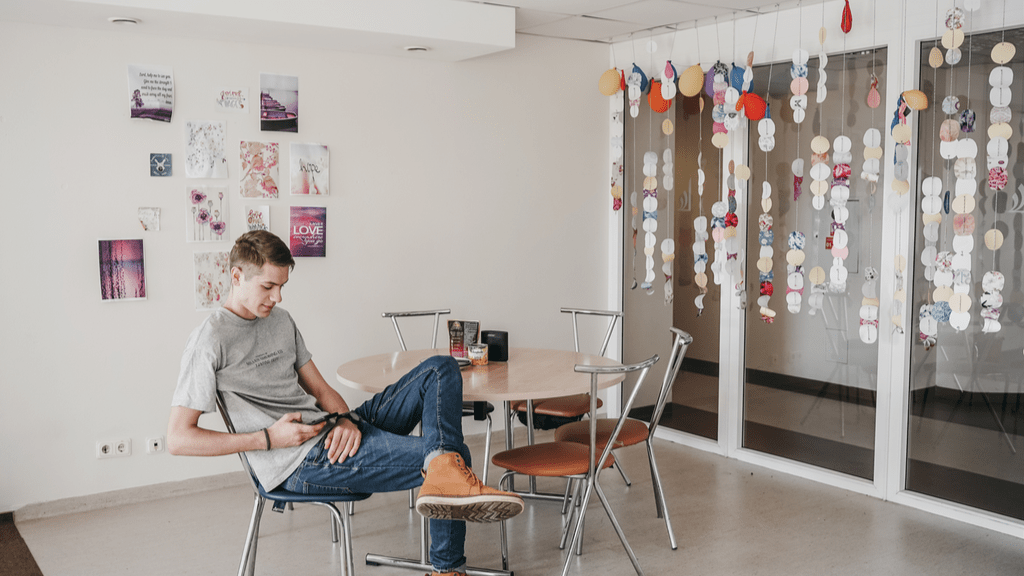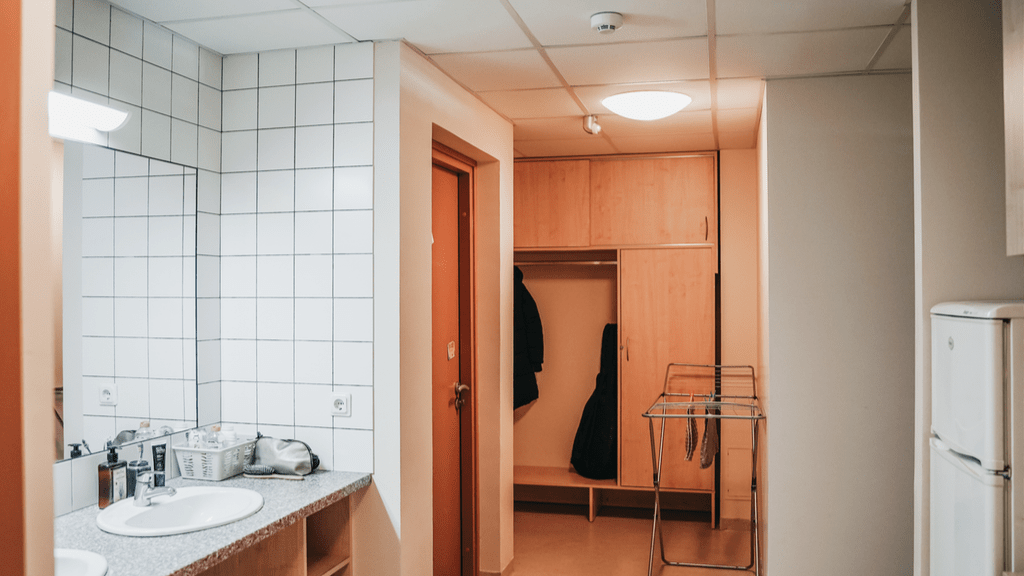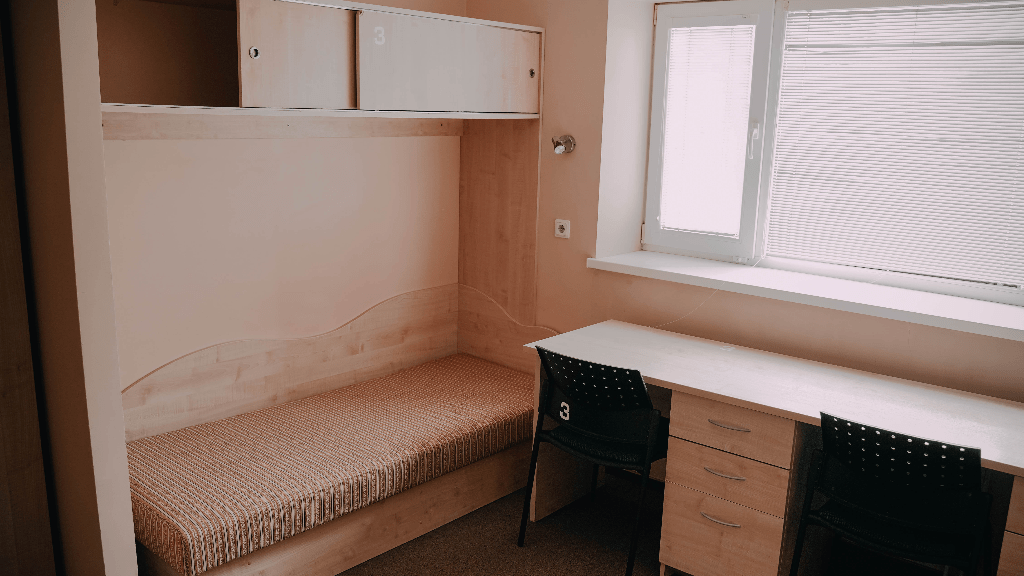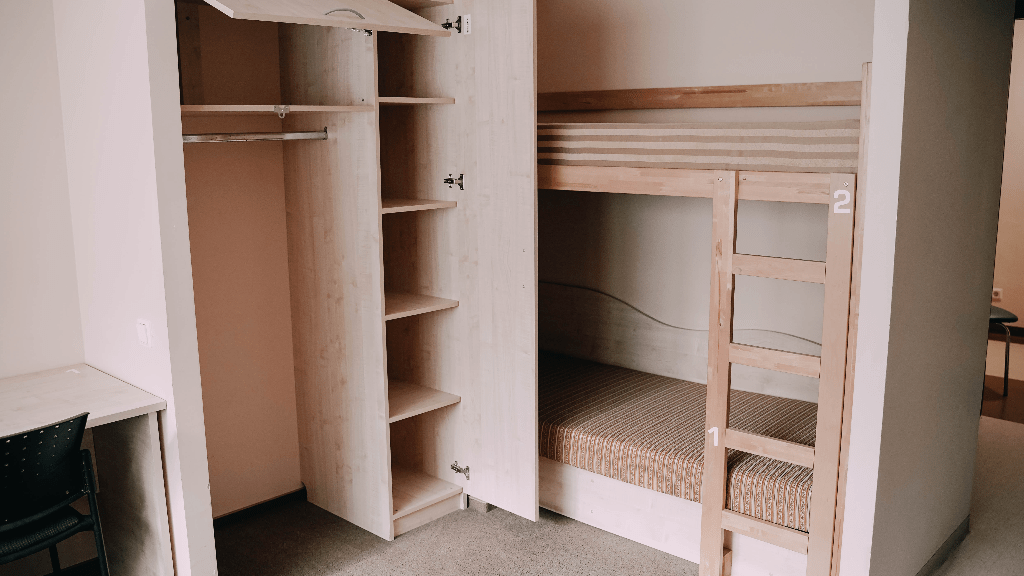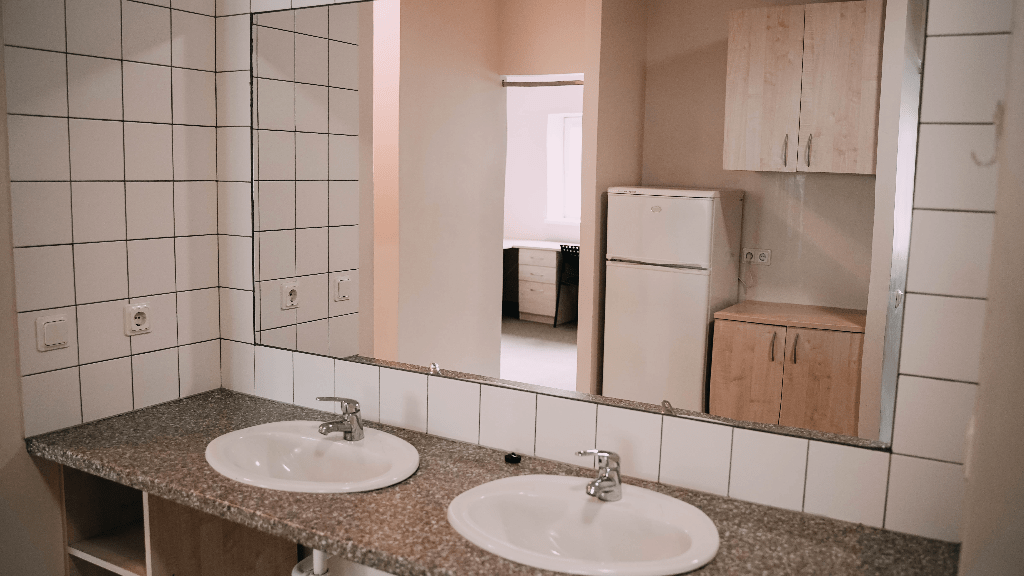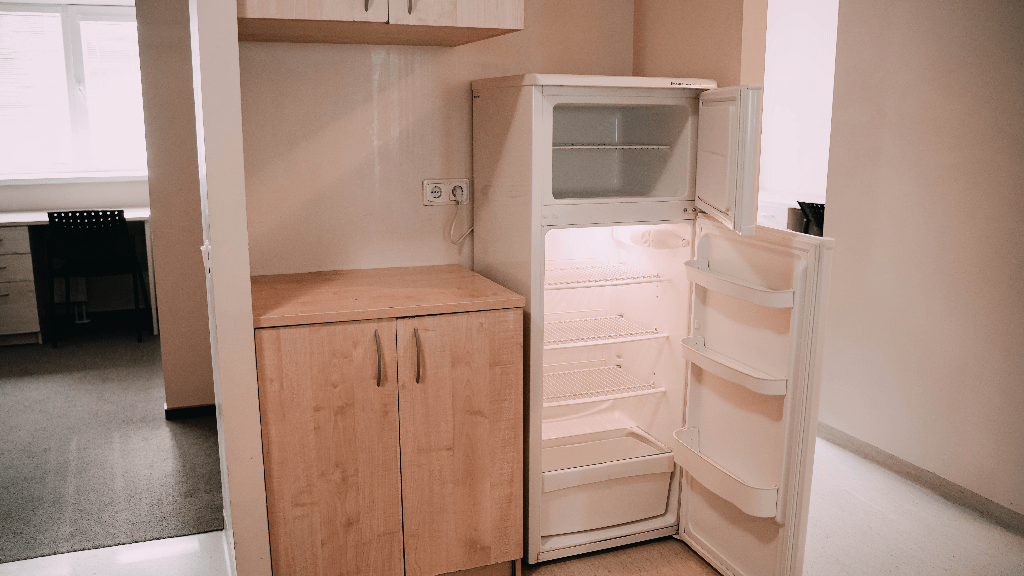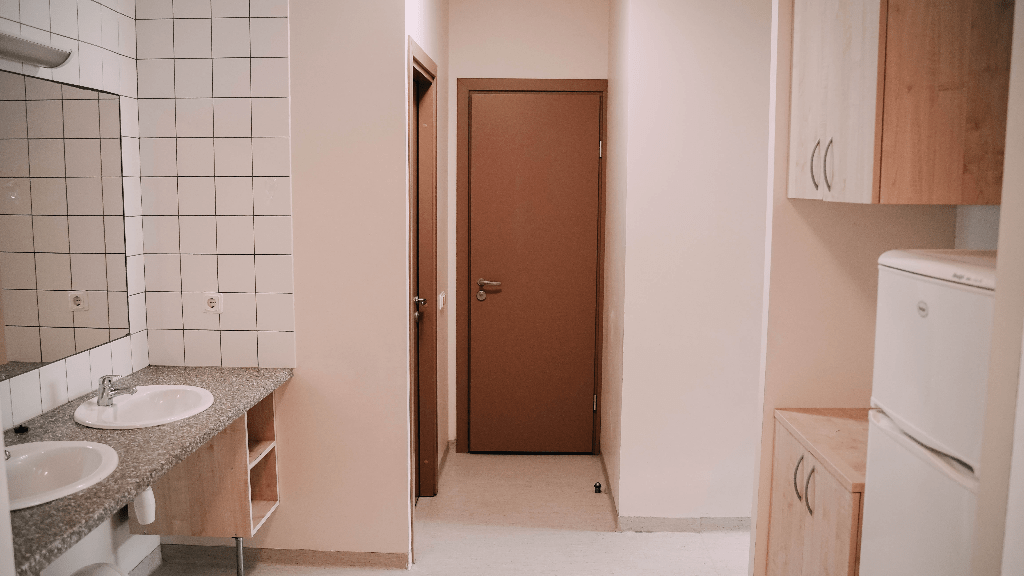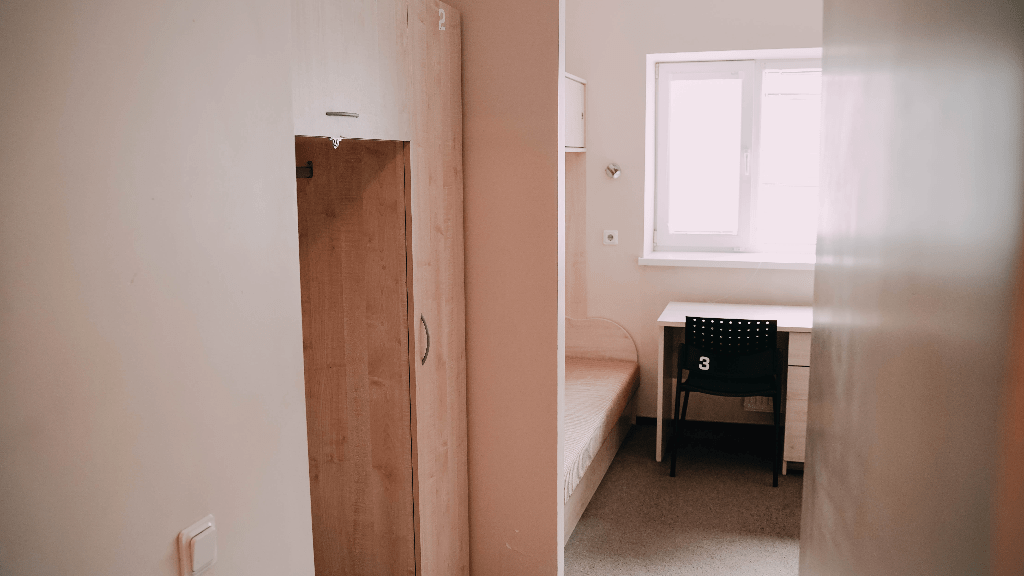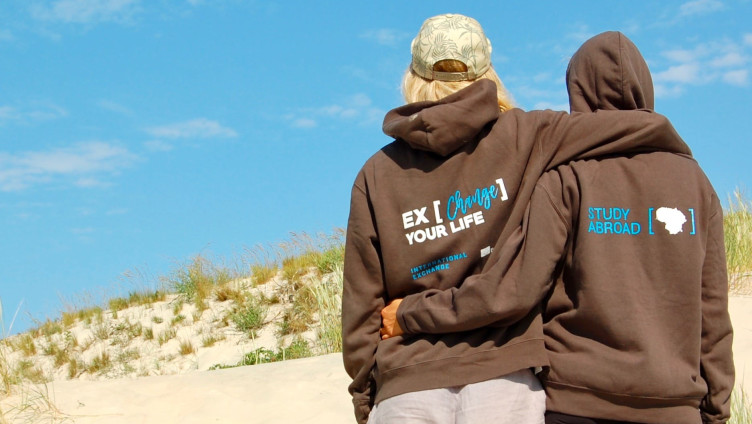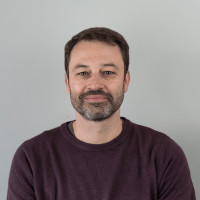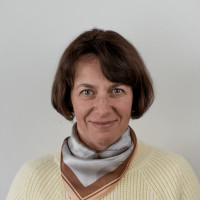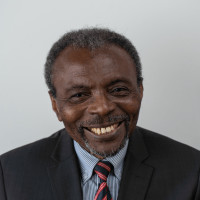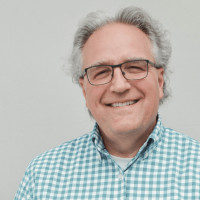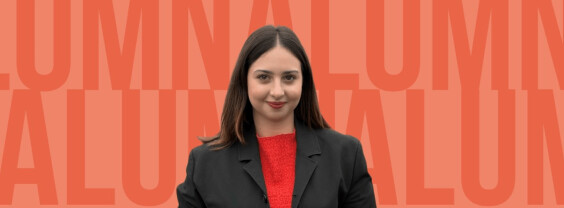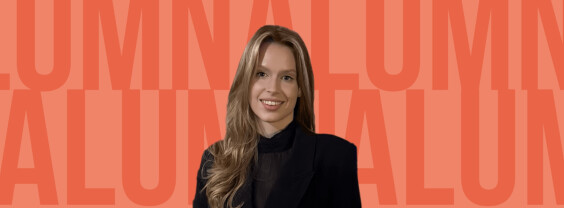Life After LCC — 35 Years, 35 Stories: Anastasia Kublashvili
2026-02-23
LCC Alumni Story: Anastasia Kublashvili, from Georgia, Class of 2021, major in International Relations and Development Life After LCC is a monthly interview and story series featuring alumni of LCC International University. The series is part of 35 Years – 35 Stories, celebrating the university’s 35th anniversary. Tell us about your current role or project. Where are you now? I currently work as a policy researcher at PPMI, part of the Verian Group. PPMI is a leading European research and policy analysis center. I am involved in evaluations, studies, and implementation projects commissioned by the European Commission, working across diverse policy areas such as research and innovation, equality and inclusion, education, and civil society. I am based in Vilnius, Lithuania. What experiences at LCC brought you to this current point? My experience at LCC’s International Relations and Development Department played a key role in shaping my career path. During my studies, I completed an internship at the Czech NGO People in Need (Georgian office), where I worked on a media literacy and disinformation project. This experience introduced me to applied research and project coordination in an international context and showed me how research can help address real-world challenges. After graduating from LCC, I continued my studies at the Vilnius University Institute of International Relations and Political Science, where I pursued my Master’s degree on a full scholarship from the Education Exchanges Support Foundation. During my studies, I also interned at Transparency International Lithuania, conducting desk research on various public policy matters, including participatory budgeting legislation and regulatory frameworks related to public funds. My academic and professional experiences at both LCC and Vilnius University helped me realize that research and project management, particularly within international and policy-oriented environments, were the areas I wanted to pursue professionally, ultimately leading me to my current role. How did LCC influence your choice of profession or career direction? When did you realize what you wanted to do professionally? I believe that finding yourself in your career is an ongoing process that evolves as we grow professionally, develop new skills, and discover new interests. My time at LCC played an important role in this journey. In particular, the research methods and project management courses stood out to me, as they helped me understand how academic knowledge can be applied in practice. Although I never saw myself as a purely academic researcher, I realized during my studies that I wanted to work in a related field with a stronger focus on project-based work. This clarity helped guide my career decisions and ultimately led me to my current role at PPMI, where I work on policy research and implementation projects. How did LCC help you grow as a leader? Tell us about your leadership experience. LCC played an important role in helping me grow as a leader, particularly by offering students many opportunities to practice leadership through campus activities and student employment. I personally took on several student leadership roles, including First-Year Seminar leader, Resident Assistant, and Study Abroad intern. Through these roles, I gained hands-on leadership experience by guiding and supporting peers, leading group sessions and activities, and helping others navigate academic and personal challenges. I learned to manage competing responsibilities and delegate tasks within teams. These roles required constant communication, decision-making, and accountability, and they strongly shaped how I approach leadership in my professional work today. How did LCC help you build relationships and networks that still matter to you today? Many of the relationships that still matter most to me began during my first year at LCC. Some of my closest friends today are people I met as a freshman while living on the same dorm floor, and those friendships have remained strong over the years. Professionally, LCC also played an important role in helping me build meaningful connections. The practicum course, in particular, stood out, as professors regularly invited senior students, alumni, and partner organizations to share their experiences. These sessions gave us direct exposure to different career paths related to the IRD degree and introduced us to opportunities such as exchange programs, internships, and early professional roles. Importantly, we were encouraged to reach out, ask questions, and seek practical advice and guidance, which made these connections feel accessible and real. What are your favorite memories about LCC? One of my favorite memories of LCC is the strong sense of community, which was present both in the classroom and in campus life. Professors genuinely took the time to get to know students, knew us personally, and were always approachable and supportive. This created a learning environment where you felt seen and encouraged to grow. Beyond academics, campus activities and events were also a very important part of my LCC experience. They helped shape me as a team player, taught me to be mindful of the people and communities around me, and strengthened my ability to work with others. What advice would you give to future LCC students? I would say that consistency and commitment to your goals matter more than anything else. The path will not always be easy, and you will make mistakes and face setbacks along the way, but that is a normal part of learning and growing. What really makes a difference is continuing to show up and not giving up when things become difficult. My advice would be not to let temporary obstacles pull you away from what you want to achieve. Even on challenging days, remember that you are closer to your goal today than you were yesterday. Even if progress feels slow, you are still moving forward and learning, and that effort always counts.






